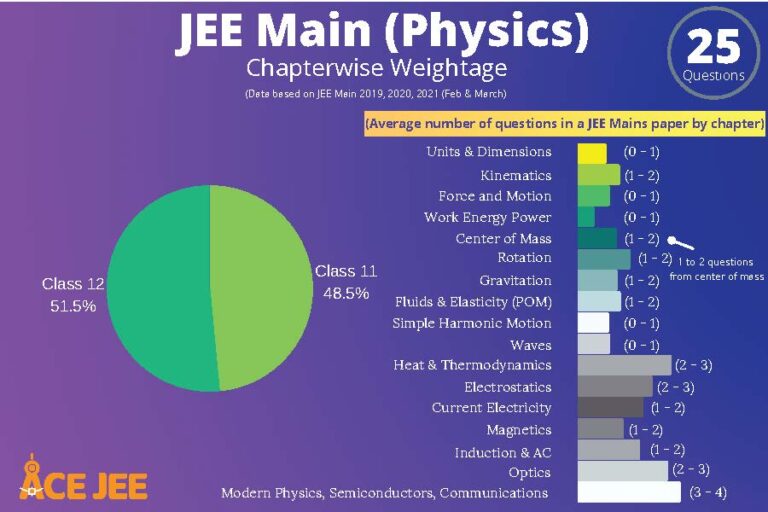For students aspiring for JEE Advanced, it will be helpful to understand the chapter wise weightage, so that you can strategize your preparation accordingly. Here we will go through JEE Advanced physics chapter wise weightage and as you will see class 11 and 12 carry almost an equal weightage based on the JEE Advanced papers from 2015 to 2021, though it seems that class 11 has slightly higher weightage on an average.
And before you go through the chapter wise weightage, note that JEE Advanced has two papers, of 3 hours each and both of which are conducted on the same date. Each paper has roughly 18 questions per subject i.e. physics, chemisty and mathematics or we can say that the student has 54 questions to attempt from in 3 hours.
Note that the total marks (paper 1 + paper 2) is typically 360 and you can expect top 100 students to score 270 and above. To score in top 500 you need to score roughly 230 marks and above. For top 1000, one needs to score 200 and above marks, while to be in top 10,000 you need to score roughly 120 and above.
Now note that if you want to score in top 500, you should be scoring 80+/120 marks in physics, which amounts to getting roughyl about 24 and more questions right.
With that let’s explore number of questions you can expect from each chapter and hope you can strategize your preparation accordingly. (Do explore question types section of the website if you are serious about JEE Advanced)
JEE Advanced Physics Chapter Wise Weightage (Yr. 2015 to 2021)
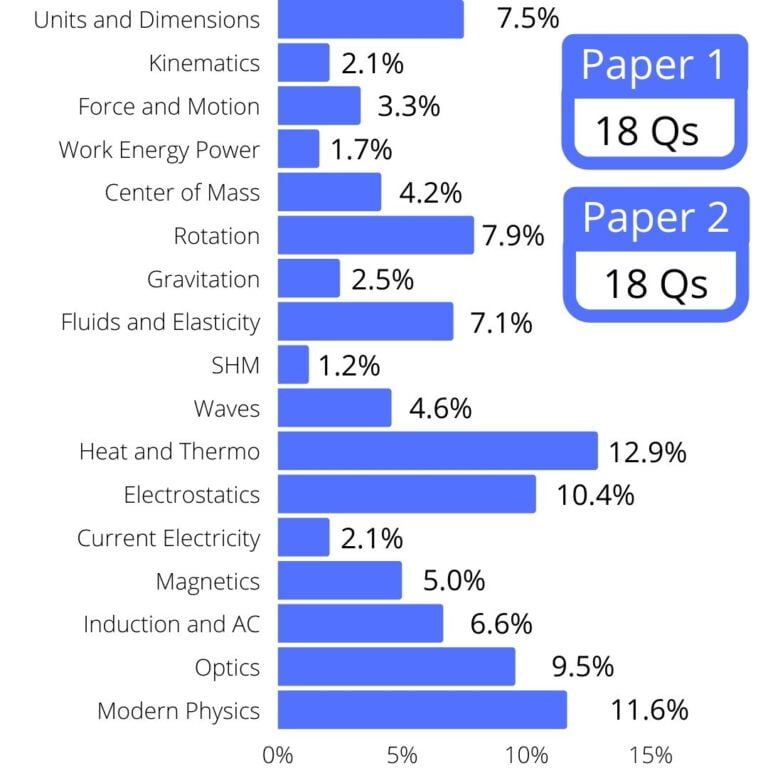
| Chapter | Paper 1 + Paper 2 No of Questions |
|---|---|
| Units & Dimensions | 2 to 3 |
| Kinematics | 0 to 1 |
| Force and Motion | 1 to 2 |
| Work Energy Power | 0 to 1 |
| Center of Mass & Linear Momentum | 1 to 2 |
| Rotation | 2 to 3 |
| Gravitation | 0 to 1 |
| Fluids and Elasticity | 2 to 3 |
| Simple Harmonic Motion | 0 to 1 |
| Waves | 1 to 2 |
| Heat and Thermodynamics | 4 to 5 |
| Electrostatics | 3 to 4 |
| Current Electricity | 0 to 1 |
| Magnetics | 1 to 2 |
| Induction and LC Oscillations | 2 to 3 |
| Optics | 3 to 4 |
| Modern Physics | 4 to 5 |
Most important chapters from Class 11 are:
- Heat and Thermodynamics
- Rotation
- Fluids and Elasticity
- Units and Dimensions & Experimental Physics
Most important chapters from class 12 are:
- Modern Physics
- Electrostatics
- Optics
- Induction and AC
Note that these 8 chapters account for 26 out of 36 questions. So make sure that you develop good level of comfort with these chapters, which does not necessarily mean that you should ignore other 9 chapters listed in the table.
Click here to download the syllabus PDF from JEE Advanced website
How to prepare for JEE Advanced?
There are two key elements that will determine your success in JEE Advanced:
1 – Daily Routine
2 – Resources which includes study material and a coach who can help you clear up your doubts on concepts or questions on a regular basis
Here we will focus on the resources or study material for physics for which we have included a list of recommended books for JEE Advanced, towards the end, but what’s more important is an understanding of different types of questions that you could expect to see on any given concept, which will not only help deepen your understanding of the concept but build the needed problem-solving skills for JEE Advanced. Note that solving plenty of questions is key for building the required skill but to get the desired improvement in your problem-solving skills you need to solve many questions of different types.
To help you understand what we mean, here is an overview of different types of questions you can expect to see in JEE Advanced (or JEE Main or any other exam for that matter) on Fluids.
You can access question types for all chapters along with notes, solved questions, and explanation videos in the question types section of the website
Recommended list of books / resources for JEE Advanced & JEE Main
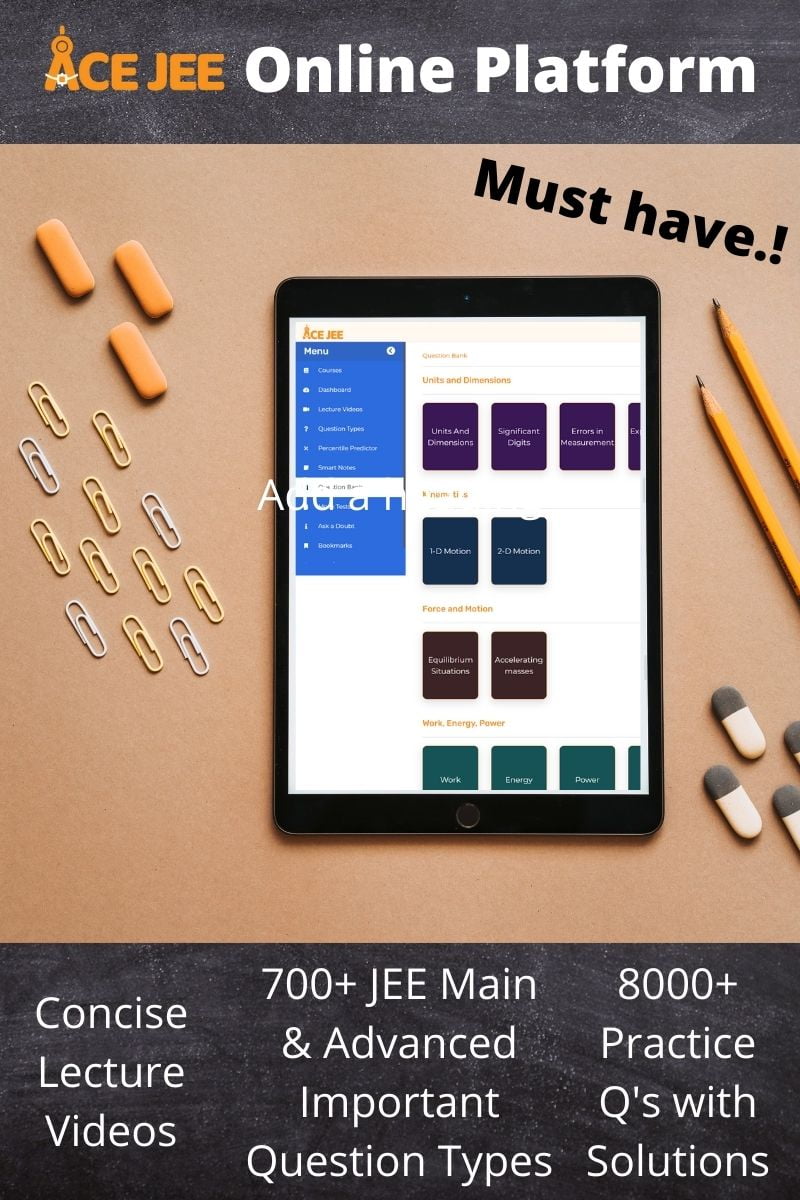
Online Platform by AceJEE - An initiative by IITians
Practice smart and build your concepts through 700+ question types (Unique and powerful feature). Get all the previous year's questions (JEE Main, JEE Advanced, and NTA). Comprehensive lecture videos to help you get an in-depth understanding of the concepts
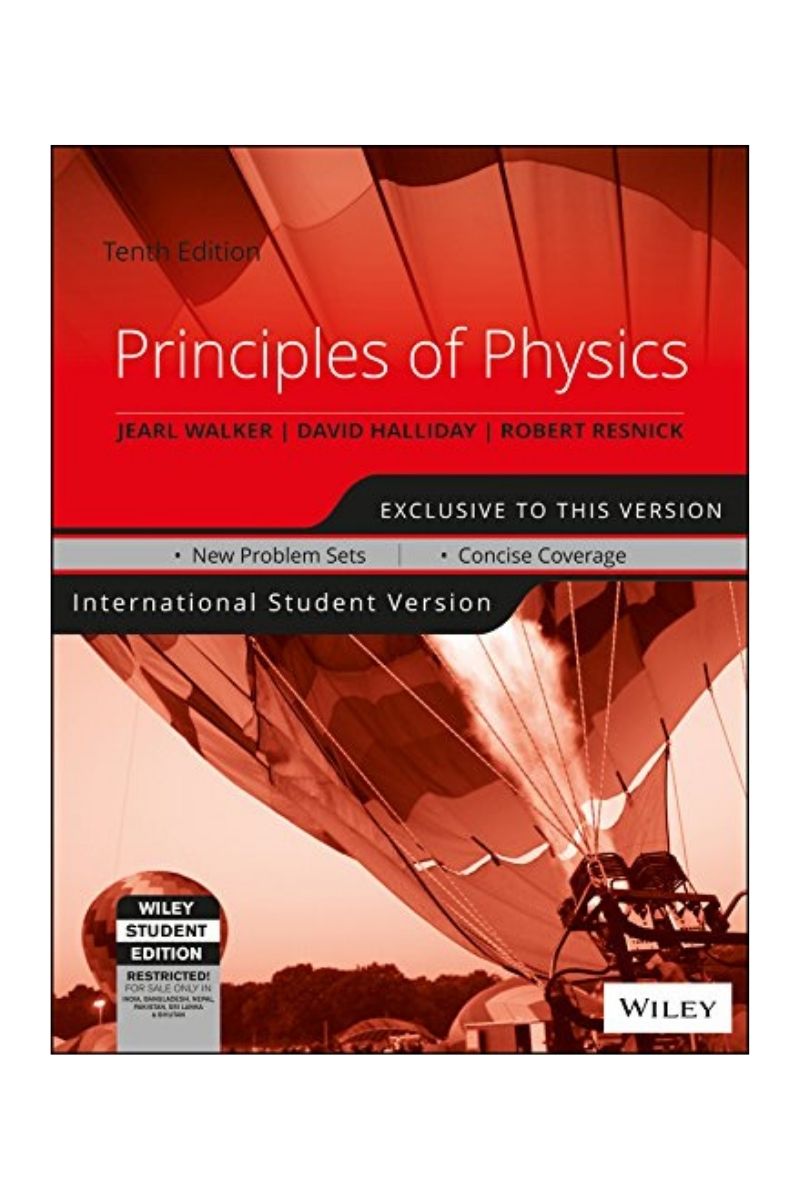
Principles of Physics by Resnick Halliday & Walker
Good book to build your understanding of physics concepts. Examples and checkpoints are very helpful. Every student who is comfortable with English as the language should read it. Exercise questions are good, though they are written for US audience (lot's of references to terms that Indian students might not be familiar with)
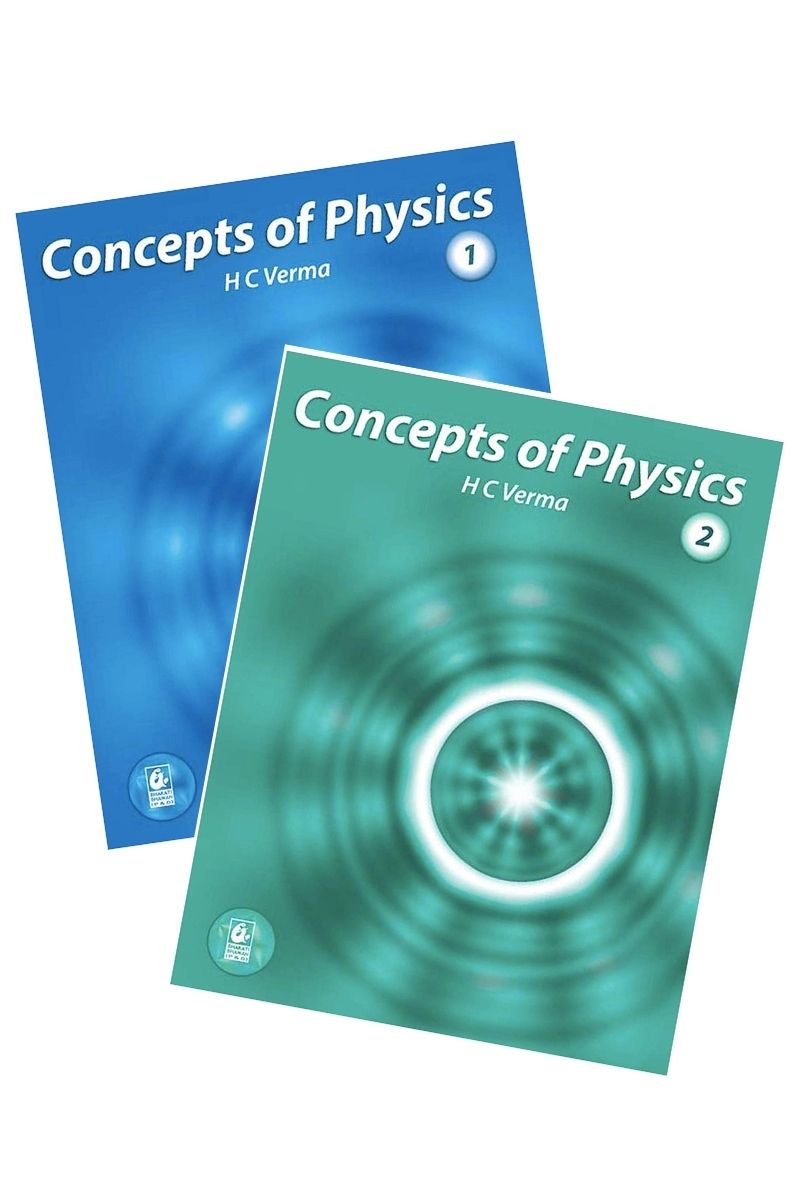
Concepts of Physics by HC Verma
Lots of solved examples, Objective I & Objective II multiple choice questions (good for JEE Mains) and exercise questions (good for JEE Advanced). An average of about 100 questions per chapter. Volume I is very relevant for JEE students. Volume II has many chapters, towards the end, that are not in JEE syllabus and can be ignored. Theory is concise and helpful
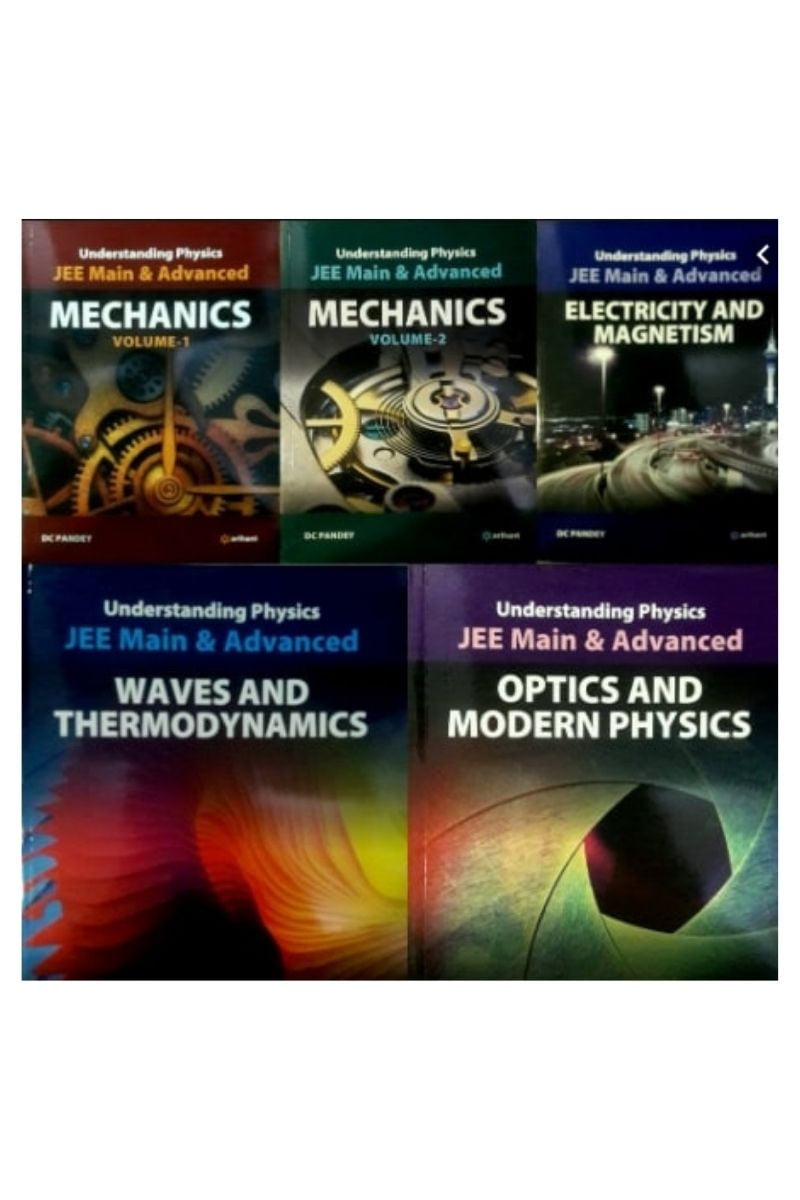
Understanding Physics by DC Pandey
Good compilation of questions of varying difficulty with an average of about 150 questions per chapter divided into Level 1 and Level 2. Only drawback is the volume of information (5 books with 600+ pages in each of these 5 books).
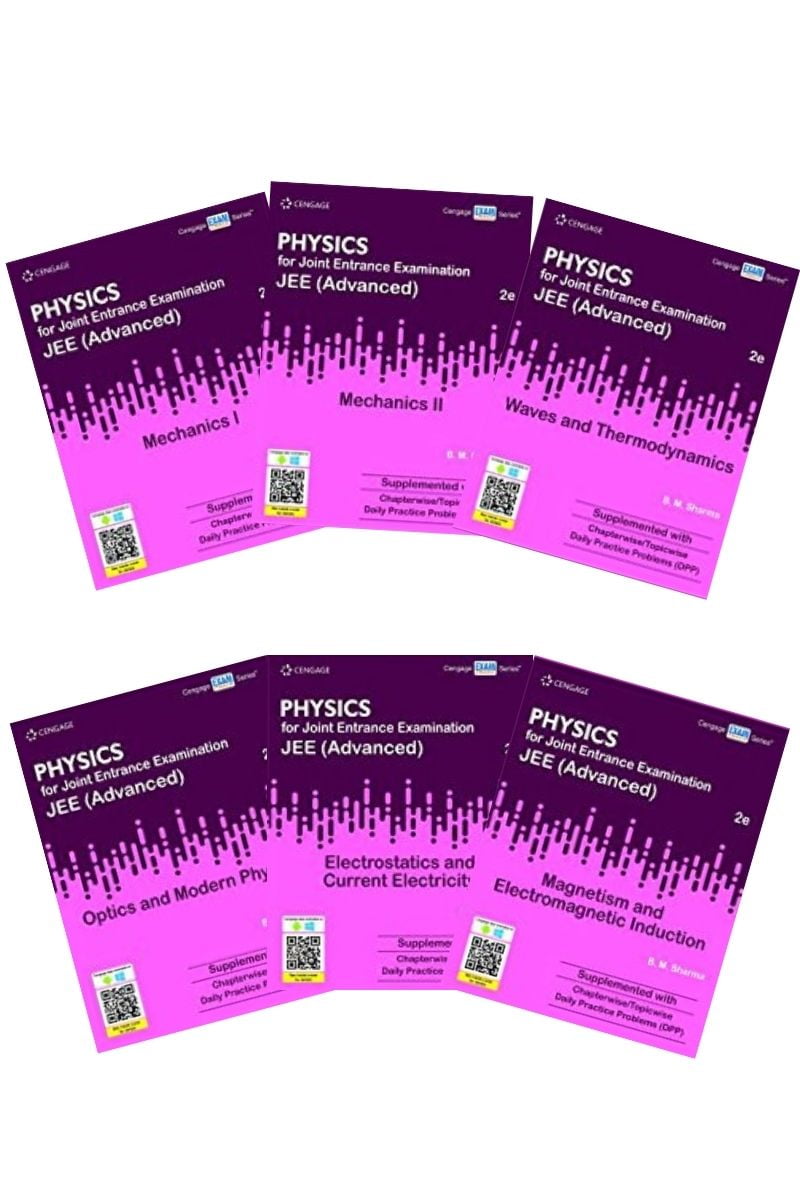
Cengage - Physics by B M Sharma
Good compilation of questions of varying difficulty level with an average of more than 200 questions in each chapter. Only drawback is the amount of information, which might make it slightly difficult cover all the important questions and revise the chapters
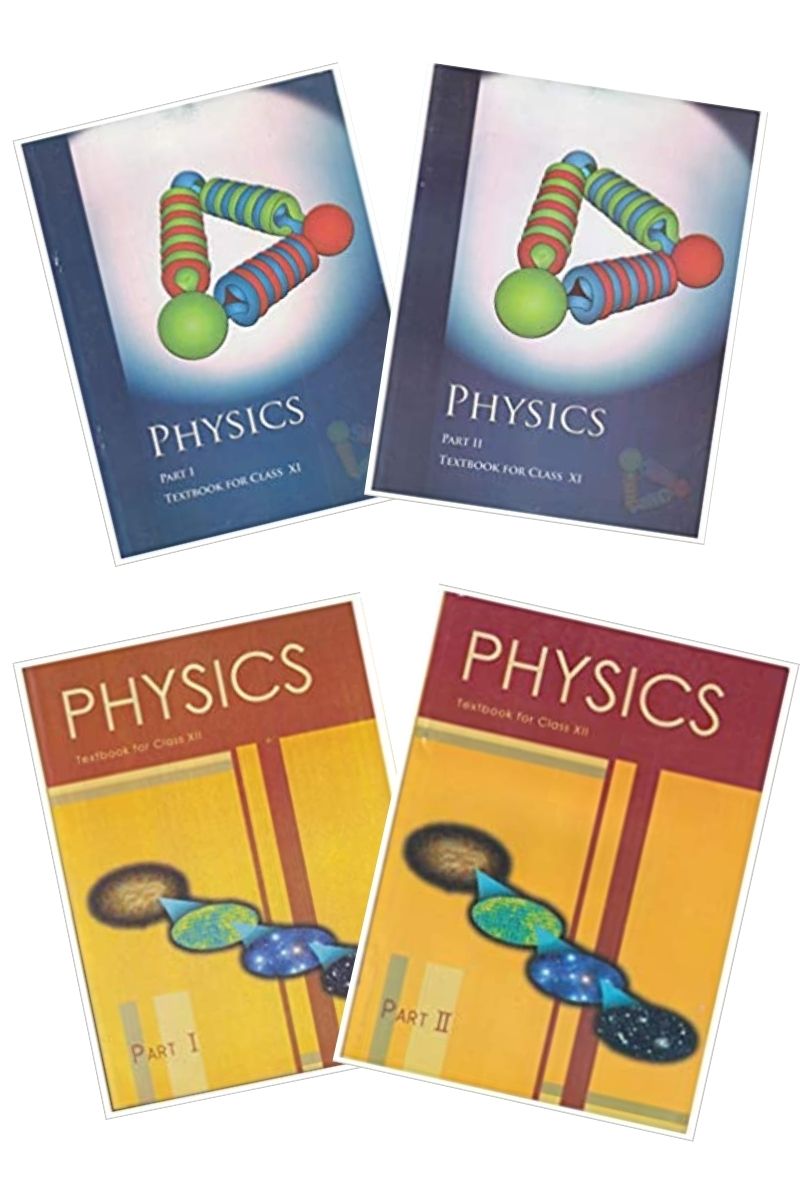
NCERT Textbooks (Class 11 & 12)
Since you will be using them for your 12th board exams, they will serve as a good read to further strengthen your understanding. Exercise questions, while limited in their scope of application of concepts, are good to go through at least once.


